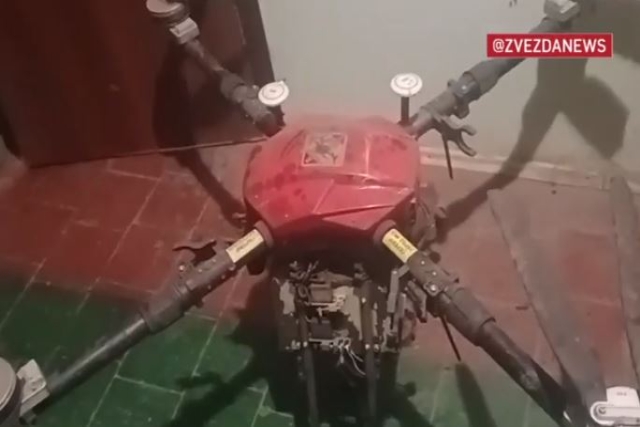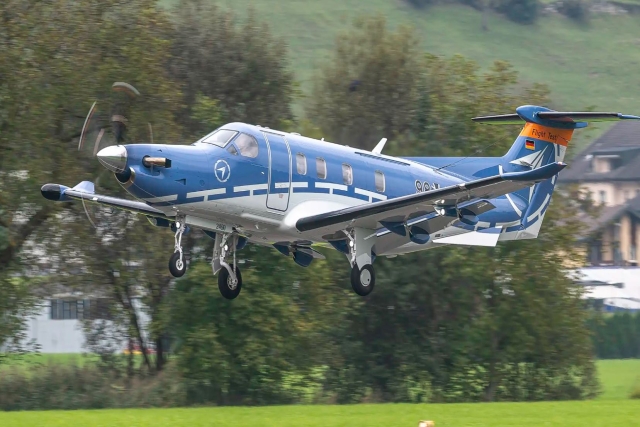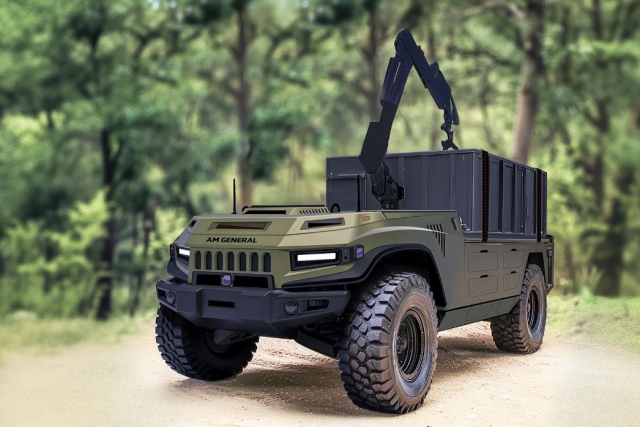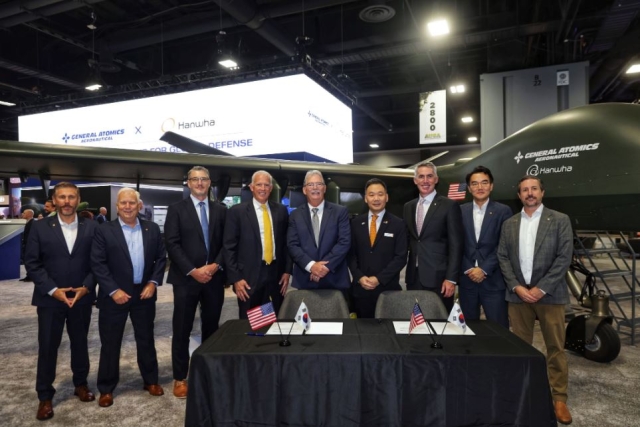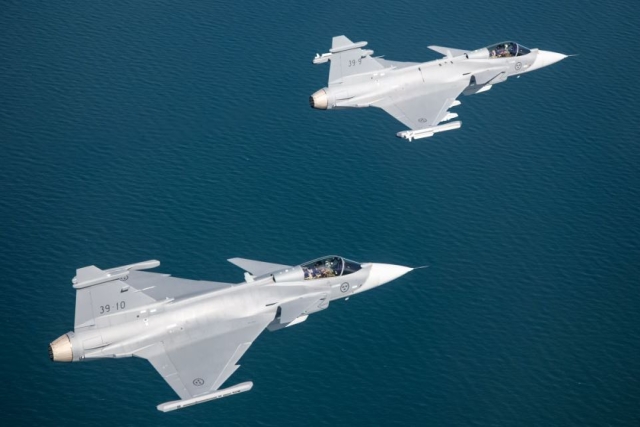Ukrainian “Baba Yaga” Quadcopter Drone Equipped With Guided Projectile
These Ukrainian drones now match the precision-guided munition capability of the Turkish-made Bayraktar TB2 drones
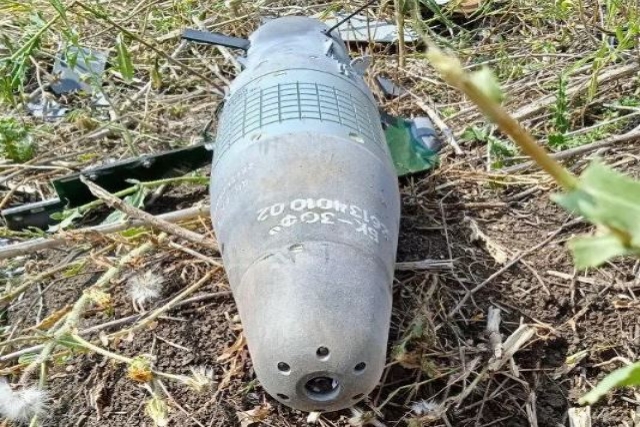
A recent photo has surfaced on social media showing a Russian soldier with a downed Ukrainian "Baba Yaga" drone, revealing a new type of guided projectile, the BK-30F.
This development allows Ukraine to strike deeper into Russian-held territory, exploiting weaker defenses.
The BK-30F munition features a seeker head designed for laser guidance and a relatively large fragmentation warhead section. Its design is unclear, but it may be an outgrowth of the 9K112 Kobra missile or one of its iterations.
The use of guided munitions enables the "Baba Yaga" to strike armored vehicles with precision and engage targets deep behind enemy lines. The drone's ability to carry significant payloads over dozens of kilometers makes it an attractive platform for guided munitions.
The use of airborne repeaters/relays extends the connectivity range of drones, allowing them to penetrate deeper into Russian-held territory. This enables the "Baba Yaga" to strike targets where the enemy isn't as prepared to defend against such attacks.
If laser-guided munitions are added to its armament portfolio, the "Baba Yaga" can take out targets with precision from many thousands of feet in the air. At those altitudes, its line-of-sight connectivity to its operators would be greatly extended.
The "Baba Yaga" can venture into Russian rear areas, miles from the front lines, to hunt for targets, opening up a huge vulnerability for enemy forces. Russia is also gaining this ability, with recent examples including an aircraft-type drone providing reconnaissance for an Iskander missile strike.
Guided munitions will allow drones to strike from higher altitudes without hovering over targets. If effective, this system could be a potent anti-tank and anti-personnel weapon.
Until now, only Ukraine's sophisticated and pricey Bayraktar TB2 fixed-wing drones had the capability to deploy guided munitions with such precision, but this latest development brings this advanced capability to the more affordable 'Baba Yaga' drones.
